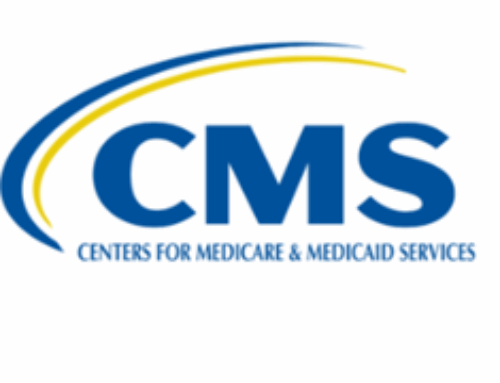Media Attention, New Publication Highlight Coverage Gap for Cancer Screening Follow-Up Care




The Affordable Care Act requires public and private health plans to cover the initial screening test for breast, cervical, colorectal, and lung cancer without consumer cost-sharing. For those individuals who have an abnormal result on their first screening test, follow-up care is necessary to determine whether cancer is present or not. Although it is well established that failure to complete the screening process could allow cancer to progress, leading to worse patient outcomes and higher medical costs, research from the V-BID Center and colleagues demonstrated that out-of-pocket costs for necessary follow-up after initial screening for each of these 4 cancers are common, substantial and increasing over time.
This week, national media stories and a new JAMA Network Open publication bring attention to the problem of cost-related barriers for follow-up evaluations for post-initial cancer screening, as well as the clinical and economic benefits of policies that remove these impediments. These new resources contribute to ongoing efforts to eliminate cost-sharing for the entire cancer screening process, building on a federal guidance that went into effect on May 31st of this year that requires commercial insurers to eliminate cost-sharing for follow-up colonoscopy after a positive, non-invasive colorectal cancer screening test.
“This is an extremely important policy that could increase screening uptake, enhance equity and ultimately save lives. The removal of a cost barrier starting this spring could help hundreds of thousands more people avoid the dilemma of having to decide if they can afford to follow up on their initial positive colorectal screening test,” said A. Mark Fendrick, MD, Director of the Center for Value-Based Insurance Design at the University of Michigan. “However, the new rule does not apply to Medicare beneficiaries, and it does not apply to other cancers for which screening tests are fully covered for some or all individuals: breast, lung and cervical cancer.”
The distinction between whether a test is billed as ‘screening’ and ‘diagnostic’ is a technical one and a requirement to pay substantial amounts out of pocket for follow up care puts already vulnerable individuals who have been told that they may have cancer in a very difficult position. The federal government should clarify that commercial plans and Medicare should fully cover all the required steps to diagnose cancer or another problem, not just the first screening test.
Dr. A. Mark Fendrick
A national CBS News story and a Kaiser Health News article shine light on the negative impact that this coverage gap for follow-up care has on patients. “The main goal of cancer screening is to identify those people who could benefit from early detection,” said Fendrick. “The distinction between whether a test is billed as ‘screening’ and ‘diagnostic’ is a technical one and a requirement to pay substantial amounts out of pocket for follow up care puts already vulnerable individuals who have been told that they may have cancer in a very difficult position. The federal government should clarify that commercial plans and Medicare should fully cover all the required steps to diagnose cancer or another problem, not just the first screening test,” said Fendrick. “It makes absolutely no sense to put any barrier in place for that individual to complete the screening process to determine if cancer is present or not.”
Assessing the impact of policies in Oregon and Kentucky that eliminated financial barriers that deter follow-up colonoscopy for individuals with positive initial colorectal cancer screenings, today’s JAMA Network Open study reports that full coverage significantly increased colon cancer screening and use of noninvasive testing in Oregon (but not Kentucky), compared to neighboring states that did not remove cost-sharing. Importantly, a substantial shift in Oregon in initial screening modality from colonoscopies (more expensive) to non-invasive testing (less expensive) lead to a lower cost-per-patient screened. This key finding will inform an active policy debate on whether these regulations will be extended to the Medicare program.
The elimination of out-of-pocket costs for the entire cancer screening process could increase screening rates, enhance health equity, and ultimately save lives.
Removing barriers to evaluation and testing following initial cancer screening remains a top priority issue for the V-BID Center. “The recent release of the federal guidance to eliminate cost-sharing for follow-up colonoscopy, after a commercially insured individual receives a positive, non-invasive test result, is an important step forward,” said Fendrick. “However, there still is work to be done, and evidence is needed to support comparable policies to remove out-of-pocket costs for follow-up testing for the three other cancers for which initial screening tests are fully covered, as the elimination of out-of-pocket costs for the entire cancer screening process could increase screening rates, enhance health equity, and ultimately save lives.”
The V-BID Center Director, Dr. Mark Fendrick, is available for questions and comments at vbidcenter@umich.edu.





